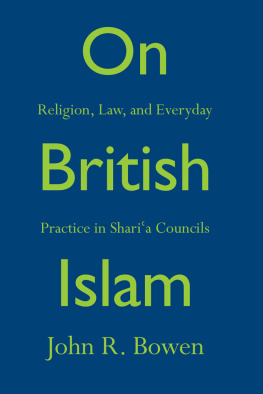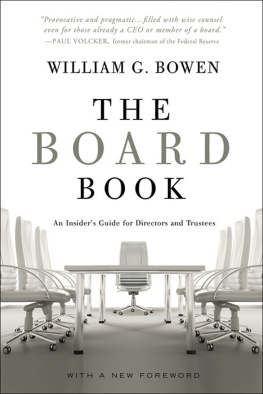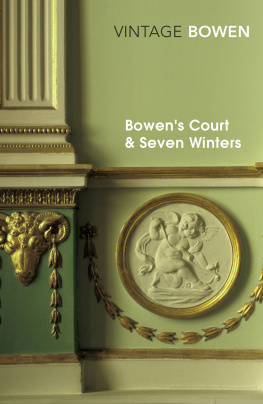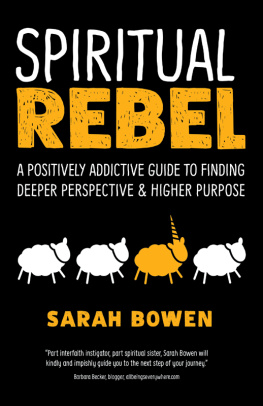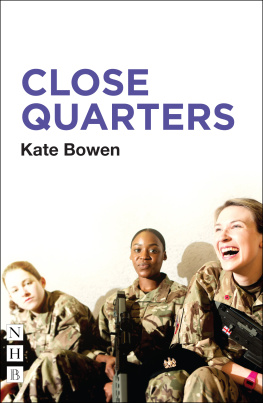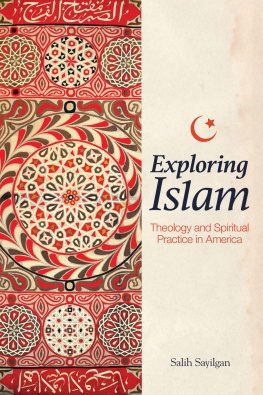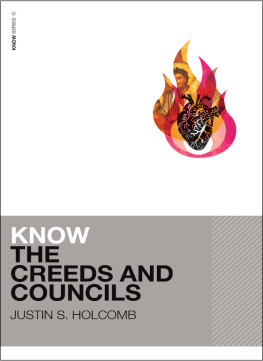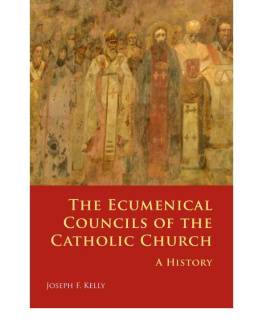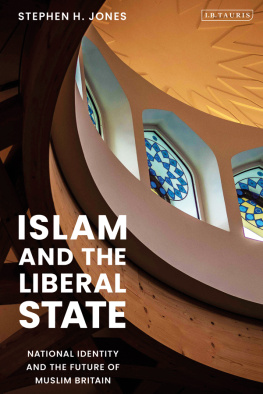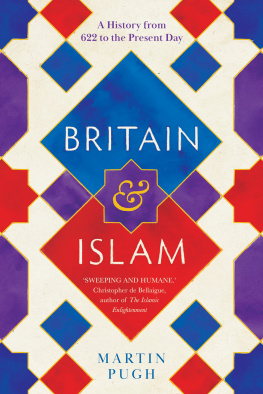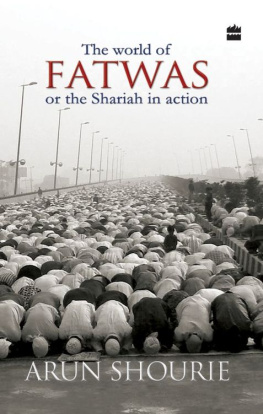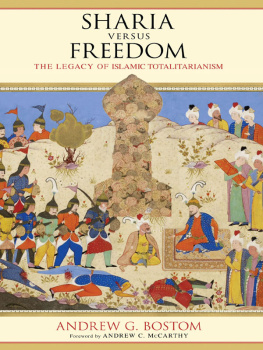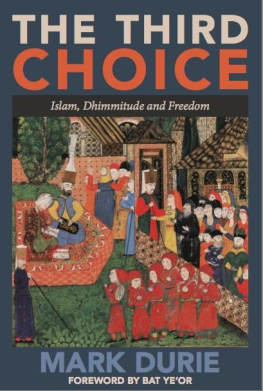
On British Islam
PRINCETON STUDIES IN MUSLIM POLITICS
DALE F. EICKELMAN AND AUGUSTUS RICHARD NORTON, SERIES EDITORS
A list of titles in this series can be found at the back of the book.
On British Islam
RELIGION, LAW, AND EVERYDAY PRACTICE IN SHARIA COUNCILS
John R. Bowen
PRINCETON UNIVERSITY PRESS
Princeton and Oxford
Copyright 2016 by Princeton University Press
Published by Princeton University Press, 41 William Street, Princeton, New Jersey 08540 In the United Kingdom: Princeton University Press, 6 Oxford Street, Woodstock, Oxfordshire OX20 1TR
press.princeton.edu
All Rights Reserved
Library of Congress Cataloging-in-Publication Data
Bowen, John R.
On British Islam : religion, law, and everyday practice in sharia councils / John R. Bowen.
pages cm (Princeton studies in Muslim politics)
Includes bibliographical references and index.
ISBN 978-0-691-15854-9 (hardcover : alk. paper) 1. IslamGreat BritainHistory21st century. 2. Islam and politicsGreat Britain. 3. MuslimsPolitical activityGreat Britain. 4. Islamic lawGreat Britain. 5. Religion and lawGreat Britain. 6. MuslimsLegal status, laws, etc.Great Britain. 7. Islamic sectsGreat BritainHistory21st century. 8. Great BritainPolitics and government. I. Title.
BP65.G7B696 2016
297.140941dc23 2015025099
British Library Cataloging-in-Publication Data is available
This book has been composed in Linux Libertine
Printed on acid-free paper.
Printed in the United States of America
10 9 8 7 6 5 4 3 2 1
To my father
Contents
PART 1
PATHWAYS |
PART 2
PRACTICES |
PART 3
VARIANTS |
PART 4
BOUNDARIES |
Acknowledgments
I carried out the work that led to this book during the period 200713. Over that time I met many new colleagues, made many new friends, and accumulated more than a few intellectual debts.
Let me start with the invitation to spend time in the Anthropology Department at the London School of Economics in 2010 thanks to a Leverhulme scholarship. This stay and subsequent shorter visits made possible a long period of fieldwork and introduced me to a number of new friends and colleagues. I would like to thank the entire department staff but would single out, for their help and companionship, Mukulika Banerjee, Maurice Bloch, Fenella Cannell, Matthew Engelke, Yan Hinrichsen, and Deborah James.
I especially thank the many British Muslim scholars of Islam who welcomed me into their working worlds to learn more about what they do. I single out Khurram Bashir, Amra Bone, Haitham al-Haddad, Khola Hasan, Suhaib Hasan, Usama Hasan, Atif Matin, Ibrahim Mogra, Abu Sayeed, and Faiz ul-Aqtab Siddiqi for their patience and openness. Among the many other British colleagues who have contributed to my thinking on these issues are Qamar Bhatti, Robin Griffith-Jones, Stephen Hockman, Aina Khan, Maleiha Malik, Werner Menski, and Prakash Shah. Portions of appeared in John R. Bowen, How Could English Courts Recognize Shariah?, St. Thomas Law Review 7 (3): 41135, 2011.
At Princeton University Press, once again I am delighted to thank Fred Appel for his ideas and support, and for this volume I am grateful to Natalie Baan and Cathy Slovensky for their careful editorial work. At Washington University I remain grateful for the support of Georgia Dunbar Van Cleve and her late husband Bill, as well as for all the day-to-day support that all of us fortunate to work here derive from the university as a whole. I also received valuable support from the National Science Foundation (#0961272, 2010).
My parents and my wife and children continue to offer love and encouragement. My father, a lawyer and judge, has taken special interest in this project, and to him I dedicate this book.
PART 1
PATHWAYS
CHAPTER 1
Why Sharia in Britain?
IN OCTOBER 2013, BRITISH PRIME MINISTER DAVID CAMERON ANNOUNCED THE launch of an Islamic bond (a sukuk) and celebrated his governments commitment to make London one of the worlds great centers for sharia financing. But a few months later, a moral panic swept Britain over claims that state-aided schools in Birmingham were promoting sharia and Islamic extremism. BBC programs, the home secretary, and several prominent members of the House of Lords warned of sharia councils endangering the rule of law and gender equality throughout Britain.
This study of British Islam highlights issues and practices surrounding sharia. Sharia is both lauded and denounced more loudly and more often in Britain than anywhere else in the West. Both Prince Charles and then archbishop of Canterbury Rowan Williams have called for drawing on Islamic principles to, respectively, save the environment and resolve conflicts among Muslims. But Britain also has some of the most vehement Islam bashing anywhere, with the Daily Mail, the Sun, and on occasion the Telegraph warning of threats to Britain posed by Islam and particularly by sharia. Already in 1997, the chilly climate toward Islam led the Runnymede Trust to issue an influential report denouncing Islamophobia.
Shari (shara) can mean both the broad path God set out for Muslims and a particular set of normative teachings. In both senses it has a particularly high profile in Britain. Why? I try to account for this particularity by looking at British Islam through two lenses. The first is historical: How and why did Muslims create distinctive religious institutions in Britain? How did the pathways they followed shape what sort of Islam they built? The argument is implicitly contrastive: What features of the British experience with Islam differentiate it from the experiences of other European countries?
The second lens is ethnographic and focuses on everyday practices in Britains sharia councils, tribunals that answer Muslims questions and give Islamic divorces. (These divorces have no effect in English law.) I trace the ways the Muslim scholars who sit on these councils apply the resources of Islam to resolve immediate practical issues. I also mention schooling, mosques, finance, and halal certification, but I concentrate on the sharia councils for three reasons. First, they represent a prolonged and unique experiment in meeting Islamic needs in a Western country. Second, they highlight and illuminate Britains specific relation to Islam. Finally, they have become a flashpoint in British public debates, drawing the ire and fire of many commentators even as they adapt to the English legal environment.
How can this work? How can such a well-developed set of quasi-legal sharia-based institutions function relatively smoothly in a secular society? And how does this work? How do clients approach councils, and how do Islamic scholars from diverse origins make judgments? Do their judgments show up in court? And what does and should the broader public think about how they judge?
COMMUNITIES
The first questionhow can this work?leads us toward the notion, more widely accepted in Britain than most anywhere else in Europe, that values come from communities, mainly religious ones, whether Christian, Jewish, Muslim, or other. Such was the force of then archbishop of Canterbury Rowan Williamss 2008 defense of Muslims who wished to draw on sharia to run their own affairs. The idea of distinct communities avoids posing difficult and often uncomfortable questions about British values or Englishness. It gives (and draws on) an imperial tone: we share the fact that we dont have to share. It also allows one to defend an Anglican, public-school elitism as constituting just another community.
Next page
